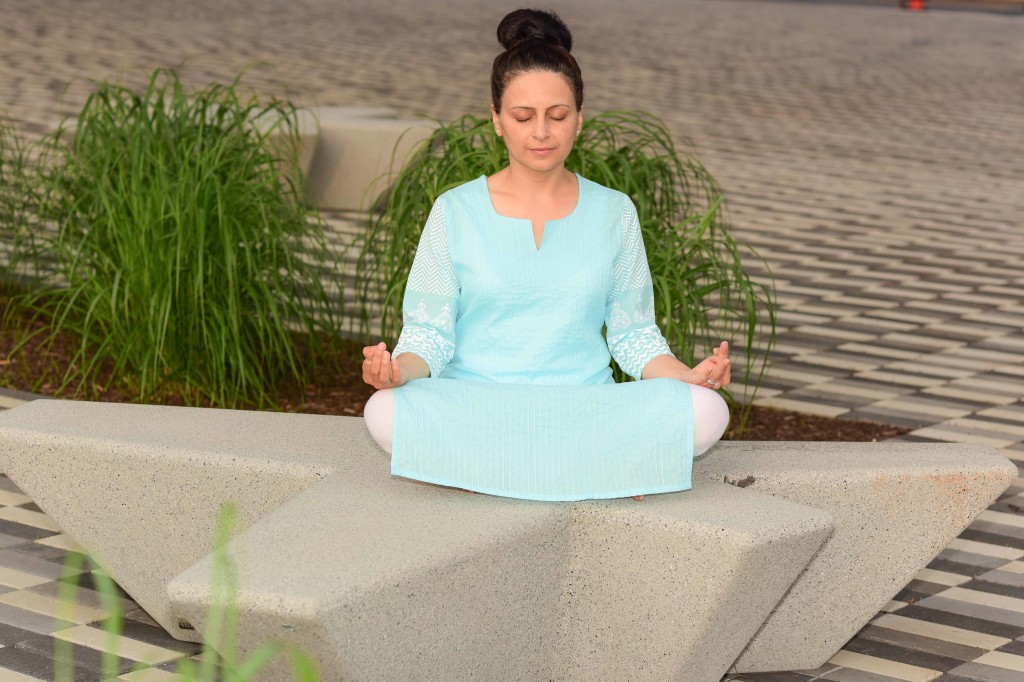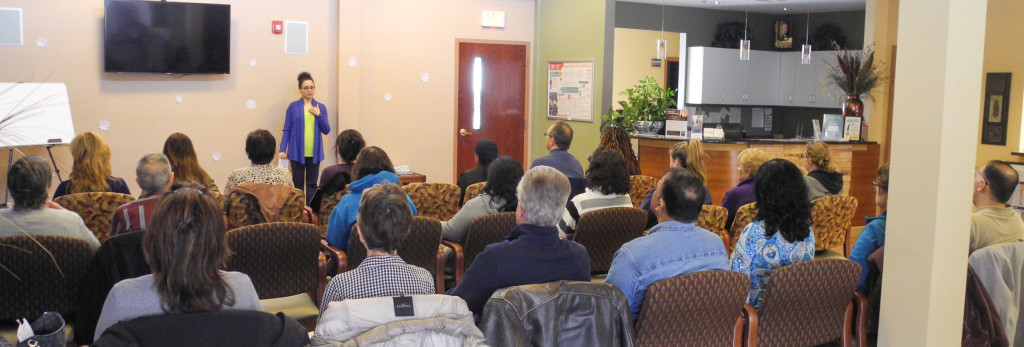 The first installment in the three-part series on how social media affects our health covered the potential negative aspects to our mental health that excessive social media use can yield. This post will explore how the rise of social media has affected personal relationships and what we can do to ensure that we foster fulfilling and meaningful relationships in our hyper-connected world.
The first installment in the three-part series on how social media affects our health covered the potential negative aspects to our mental health that excessive social media use can yield. This post will explore how the rise of social media has affected personal relationships and what we can do to ensure that we foster fulfilling and meaningful relationships in our hyper-connected world.
How Social Media Has Changed Relationships
Social media, mainly in the form of Facebook, has changed how we interact and communicate with each other at societal and personal levels. By enabling us to connect in a very personal way to long-lost acquaintances, friends, and extended family, our personal lives are easily accessible to anyone within our network.
The average Facebook user has 338 friends. A Gallup poll in 2011 showed that the average American has only nine friends they would consider “close”.
This discrepancy means that the vast majority of our social media connections are superficial. The danger of this is that being connected to so many people who don’t provide any level of fulfillment can be a terrible substitute for deep relationships.
In addition, using Facebook to connect with a friend or family member can prevent meaningful communication from taking place. Instead of a direct phone call, a text message, an email, or a handwritten letter (if you’re old-fashioned), we now simply check our friends’ profile pages. We’ll see where they live and what their life updates are, and we’ll glance through a few pictures.
Aside from “liking” a post or picture, or perhaps writing a comment, that’s the extent of the interaction. This is how “being connected” can breed loneliness.
Social Media and Intimate Relationships
The positive and negative effects social media has on intimate relationships are tougher to fully understand. This is because different generations use social media differently, and online behavior among couples can vary considerably.
A number of studies have been done to determine how social media affects intimate relationships, and one thing is certain: excessive social media use by one part of a couple can lead to problems in the relationship. This can include the partner who is not online feeling excluded.
For older couples who are secure in their marriages, Facebook is less of a problem and more of a connection tool to extended family. However, the younger the couple and the shorter the relationship, the more that excessive Facebook use can breed insecurity, jealousy, or suspicion on behalf of one or both partners.
Is There an Upside?
There are, of course, benefits to using social media such as promoting businesses, getting in touch with long-lost friends, and more. The question is how to use it to create fulfilling, meaningful relationships.
There are steps we can take to make sure we take advantage of the relationship-building benefits of social media without experiencing the negative effects, and those include:
- Limiting the amount of time we spend on social media
- Communicating directly with friends to ask questions about their lives instead of periodically checking their profile pages
- Being careful about what we self-disclose to our social network and remembering that whatever we post can potentially be seen by hundreds of people
- Being transparent with our romantic partners about our social media activities
With a mindful approach, social media can improve our relationships and connect us with long-lost friends and family members. However, if we’re not careful, excessive and incorrect social media use can lead us to feeling disconnected and lonely as well as negatively impact our personal relationships.

 According to Noah Webster, “perfectionism” is “a personal standard, attitude, or philosophy that demands perfection and rejects anything less.”
According to Noah Webster, “perfectionism” is “a personal standard, attitude, or philosophy that demands perfection and rejects anything less.”
